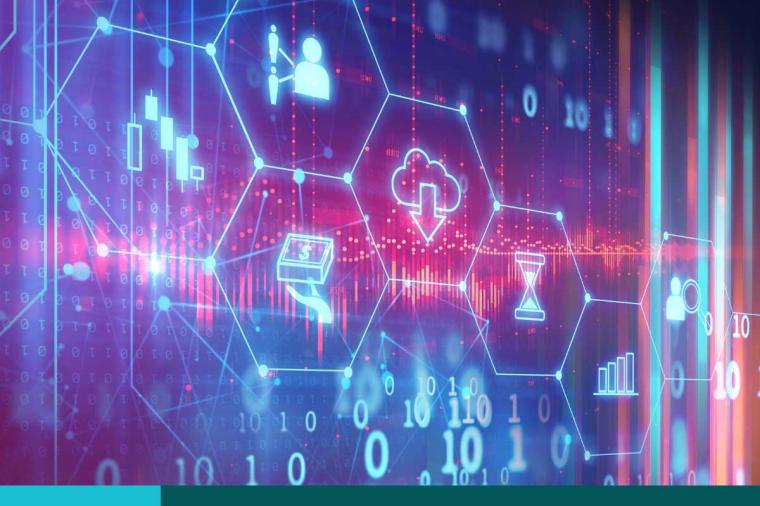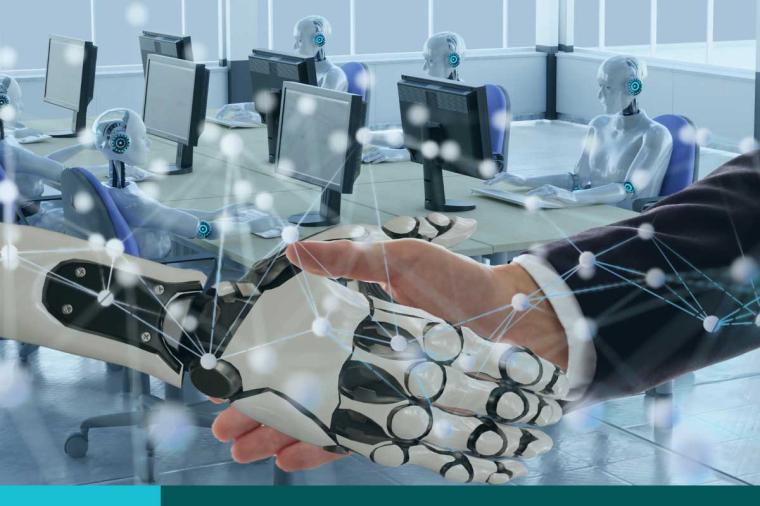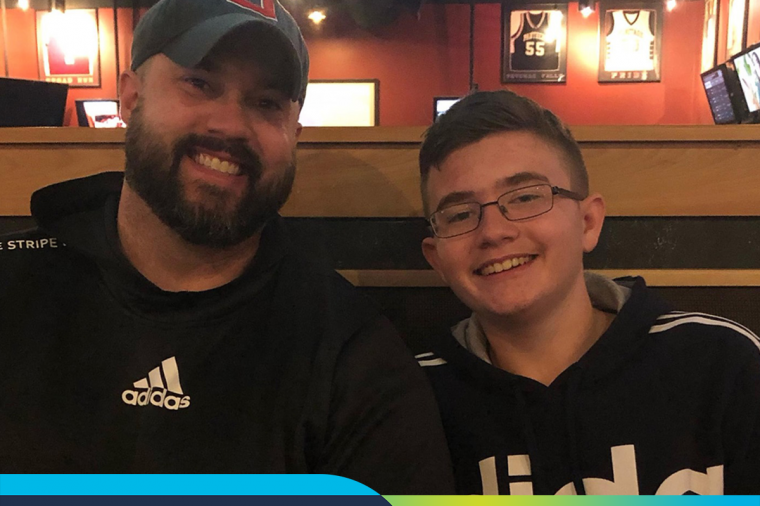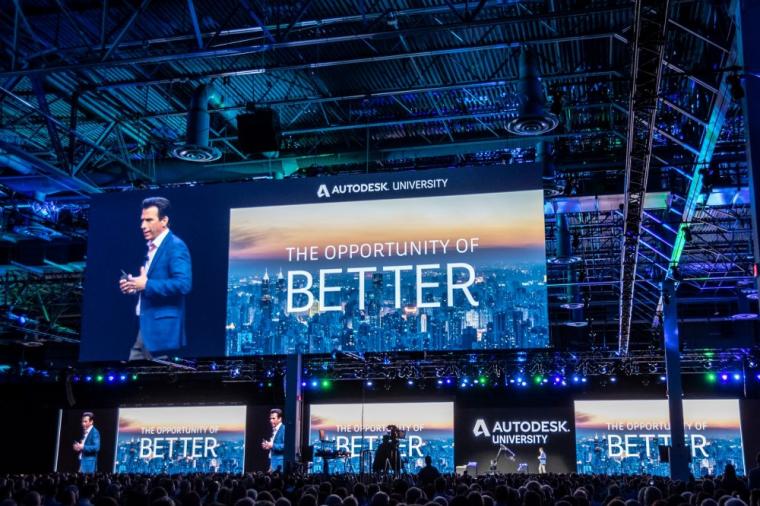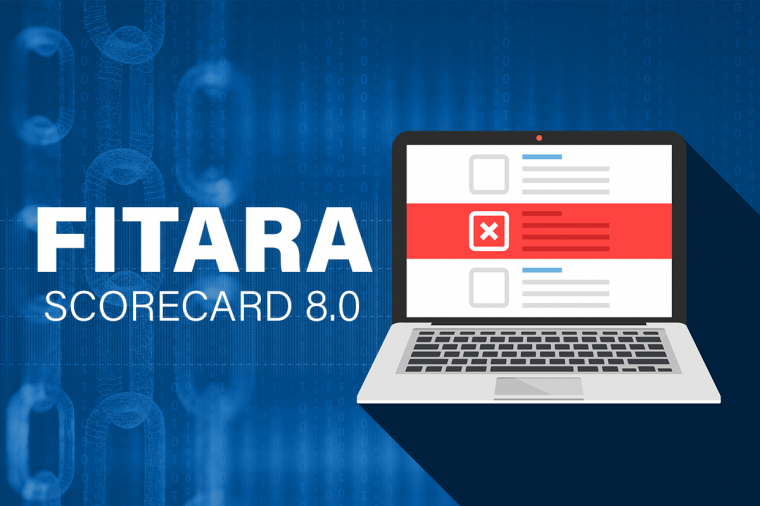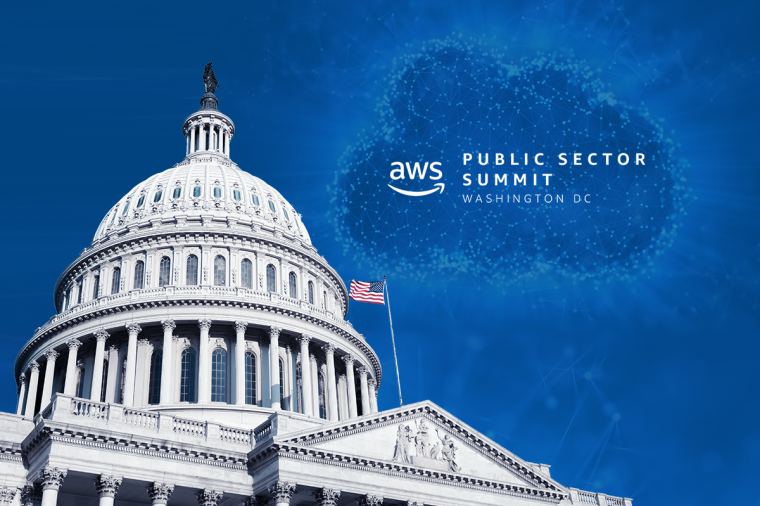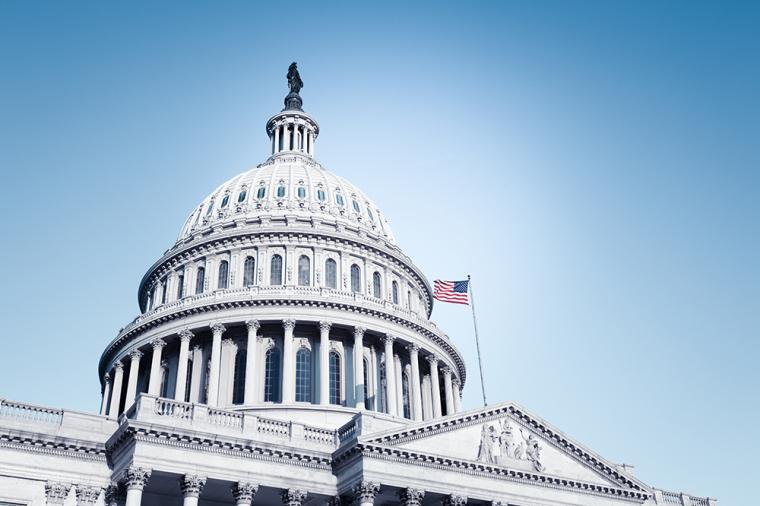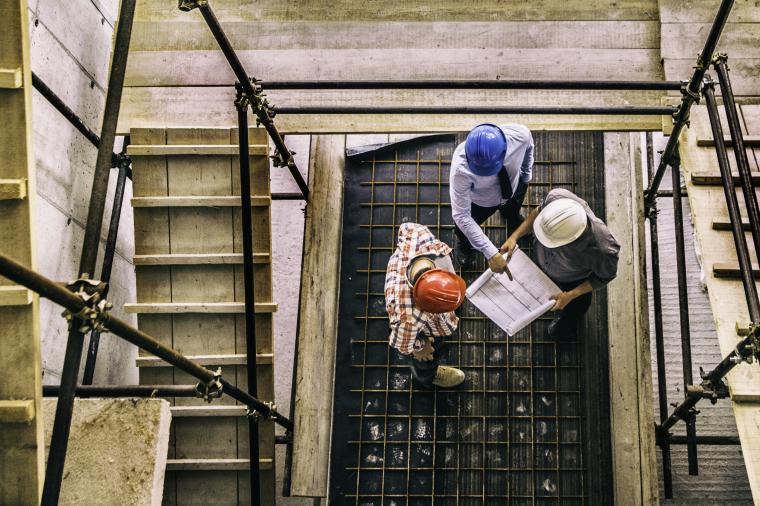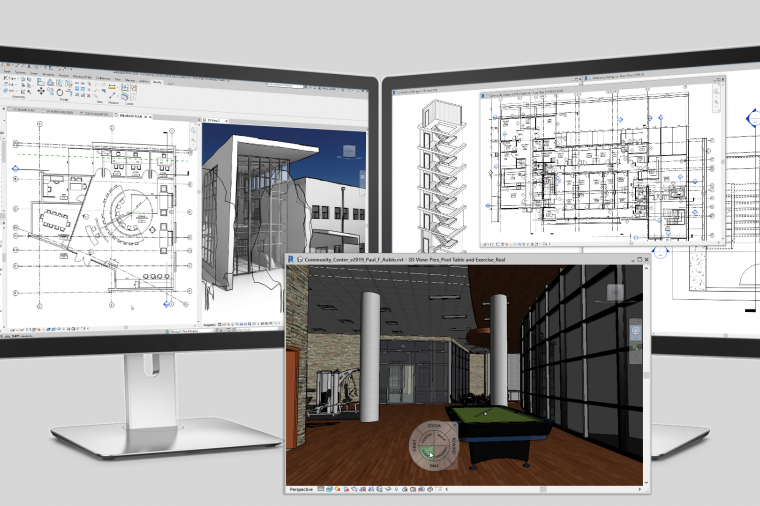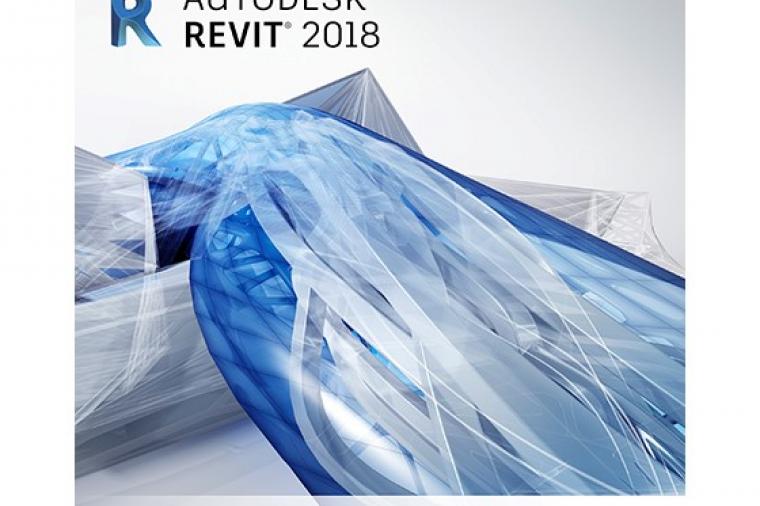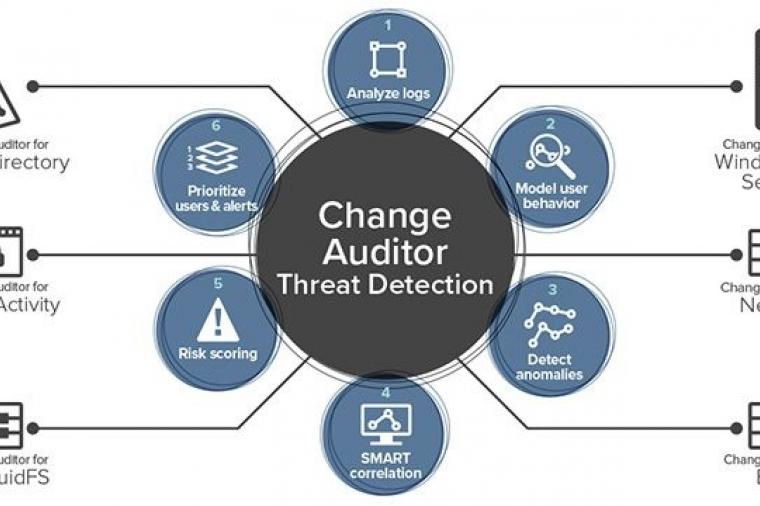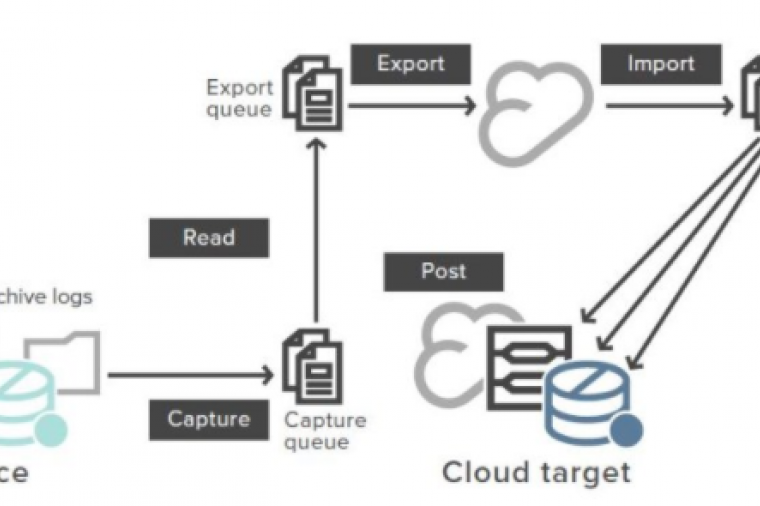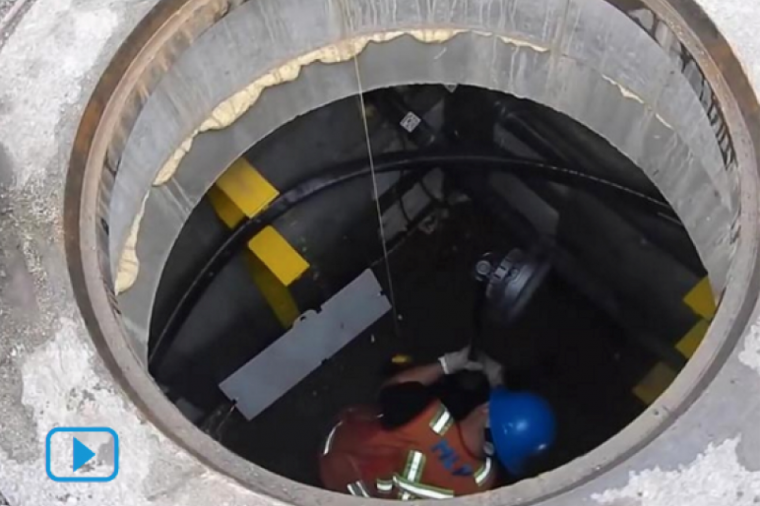4 Technology Stories You May Have Missed Last Week
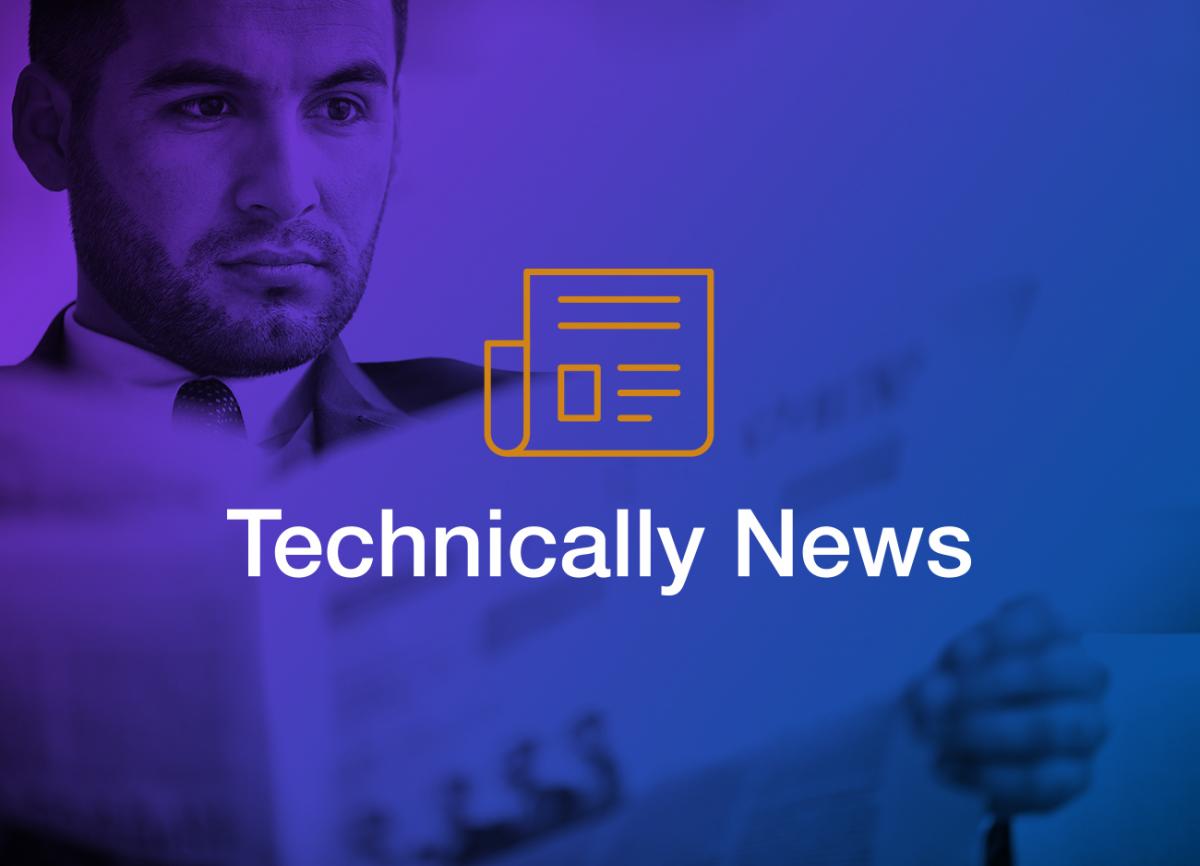
Technology Is Monitoring the Urban Landscape
Technology is changing the urban landscape in the U.S., starting with San Francisco, by automating and remodeling buildings and streets. Parking spaces will be cut down, thanks to Uber, Lyft and self-driving cars making car-sharing easier, and buildings will be remodeled using 3D printing and robots to help with the labor. With high-tech buildings and utilities in place, the data collected can help with automation and predictability. London and Shanghai have already seen great changes in their skylines, thanks to computer-assisted design. Read more about the new urban landscape on The New York Times.
Google's DeepMind A.I. Can Slash Data Center Power Use 40%
Google is reducing the energy used in its data centers by 40% using its DeepMind neural network. The network is able to actively learn about the environment using methods similar to the human central nervous system to solve complex tasks. Using historical data about temperatures, power and pump speeds, it’s been able to cut down Google’s total energy use. This makes a huge impact since Google’s data centers account for 40% of the internet. Read more on CIO.
FBI Needs to Beef-Up High-Tech Cyber Threat Evaluations says DOJ Inspector General
The FBI’s method of identifying major cyber threats, the Threat Review and Prioritization (TRP), may not be cutting it anymore, says the Department of Justice Office of the Inspector General. Because the process is conducted annually, it is not timely enough to catch every threat, and it does not prioritize threats in an objective, data-driven manner. However, a new tool out of the FBI Cyber Division may change that. The Threat Examination and Scooping (TExAS) software is able to prioritize threats using specific, real-time data and can find threats more frequently than TRP. Check out Network World for the whole story.
Auto Industry Sharing Info on Cyber Attacks
The U.S. automotive industry is coming together to share information on cyber threats and eliminate them. The Automotive Information Sharing and Analysis Center includes nearly all companies that sell cars and trucks in the U.S. and is sharing data via a common internet portal to create best practices and guidelines for how secure hardware and software should be built, as well as how to respond to hacking incidents. The group has been operating since January. Learn more at ABC News.
